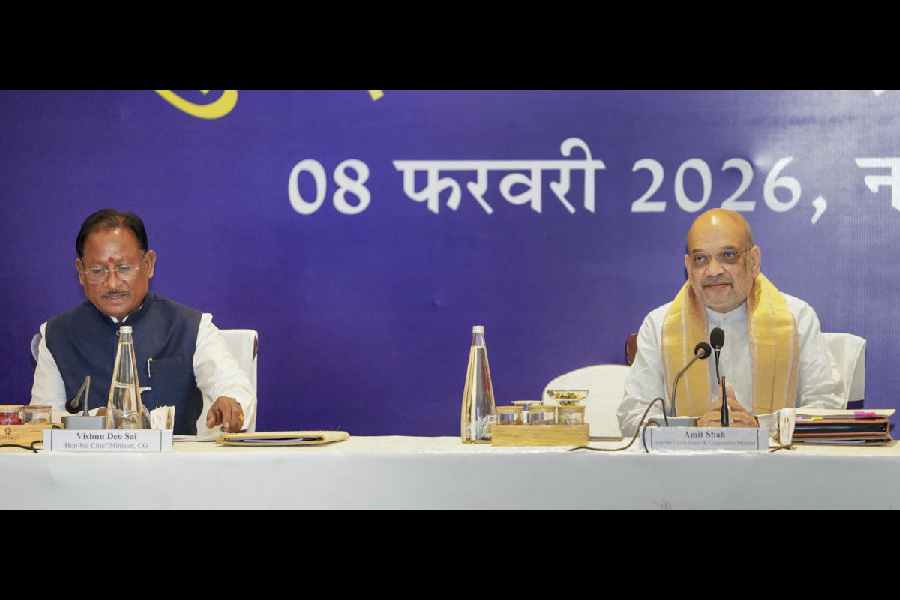It was a historic moment in the eradication of vice. The 192 members of the World Health Organization have unanimously adopted the framework convention on tobacco control in Geneva a few days ago. This is the first such international treaty on which the WHO could manage to achieve such a degree of unanimity. A framework convention is an international legal instrument, governed by international law, but individual nations must then take it on and adapt it to their own constitution and laws. It is significant that when negotiations on the FCTC commenced in 2000, India represented the southeast Asian region and the United States of America stood in for the Pan American Health Organization in the intergovernmental negotiating body. The INB is a subsidiary of the World Health Assembly and is open to participation by all WHO member states. India will now have to work out how to tackle the medical, economic and legal commitments required by this convention. Taxing tobacco products prohibitively, increasing restrictions on the advertisement, sponsorship and promotion of tobacco, banning smoking in public areas and clamping down on tobacco smuggling are some of the key elements in this global endeavour to prevent an “epidemic” which kills some five million people every year.
This is a historic consensus also for having brought the US around to adopting it. In fact, this was almost not going to happen, and at one time it had begun to look as if the FCTC was going the way of the International Criminal Court, the anti-ballistic missile treaty and the Kyoto protocol. Until as late as April this year, Mr George W. Bush was asking for a “reservation” clause in the treaty to ensure that the US could disregard requirements which it considered constitutionally questionable. This could have seriously derailed negotiations, and acquiescent nations cannot be blamed if they read behind the US’s professed concern for its tobacco companies’ right to the freedom of speech more down-to-earth economic fears and interests. But the unilateralism, the automatic resistance to the conformities demanded by international law, which the world has begun to associate with the US seems not to have messed up this particular consensus. Mr Bush has recently lost his very able, and often contrary, administrator of the US environmental protection agency. Ms Christine Whitman is said to have resigned owing to differences with the Bush administration, which had peaked during the tussle over the Kyoto protocol. WHO is certainly lucky in having the US on its side in this endeavour of global lung-purging.










